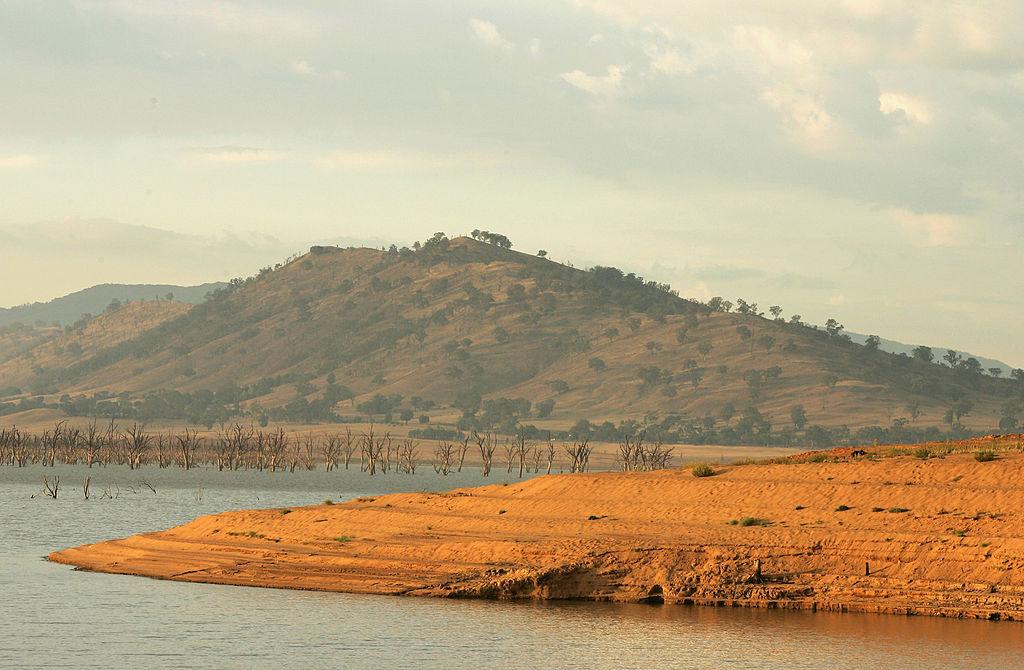Australian farm groups have criticised the Albanese government’s opaque water buyback plan saying the move is cause for concern for communities along the Murray-Darling Basin.
This follows the release of the recent federal budget (pdf) in which funding allocations to meet water-saving targets for the Murray-Darling Basin were undisclosed “due to commercial sensitivities.”





